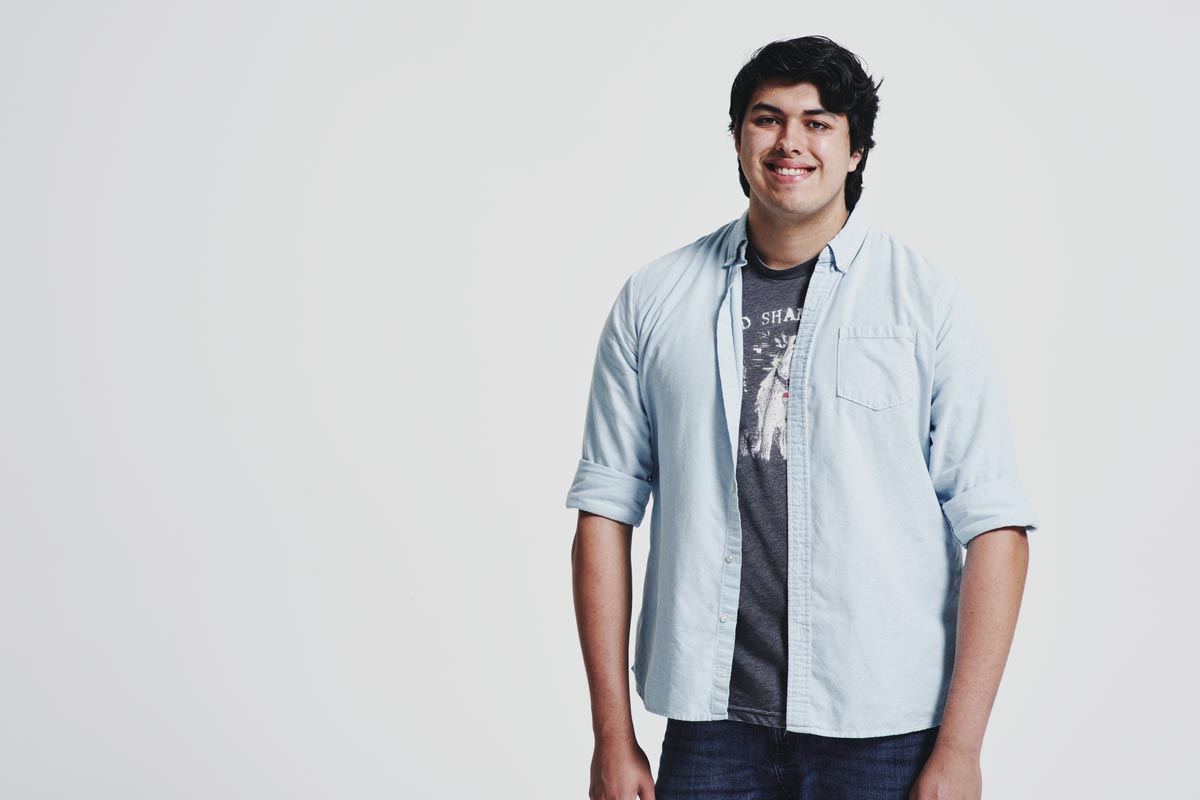Colonialism in the US and the Philippines
Meet history major David Kerry ’20.
Major: History
Hometown: Tucson, Arizona
Thesis adviser: Prof. Margot Minardi
Thesis: Westward the Course of Empire Takes Its Way: The American Racial Imaginary and Finding Indians in the Philippines
What it’s about: It explores the racial triangulation of Filipinos, Native Americans, and White Americans at the turn of the 20th century. It focuses on colonialism in both the continental United States and the Philippines, with a particular emphasis upon the colonial classroom to understand how race and national identity were formed.
What it’s really about: Americans love colonizing people and use race to justify it.
In high school: I was a marching band nerd (tenor sax!), a total APUSH geek, and a four-year varsity basketball player.
Influential professors: Professors Margot Minardi and Radhika Natarajan taught me how a historian ought to think, but more importantly what the moral responsibility of an historian is when addressing the past for the present moment. Prof. Josh Howe’s conferences repeatedly set and surpassed my standards for what an engaging and thought-provoking conference looks like. Prof. Jackie Dirks has been a model advisor whose door was always open. She provided guidance that served me well throughout my time at Reed, and will continue to do so.
Influential book: Notes of a Native Son by James Baldwin.
Concept that blew my mind: “Settler Colonialism and the Elimination of the Native” by Patrick Wolfe introduced me to the idea of settler colonialism as a construct rather than a stand-alone event.
Cool stuff: I was on the Reed basketball team and Model UN. I was a research assistant for Prof. Margot Minardi, helping with her work on the disparate impacts of historical memory of the American Revolution. Through the SEEDS program, I was able to tutor local eighth graders in their AVID classes, and helped manage an after-school program for low-income students and their families. I designed and helped to implement an interactive timeline of the Multnomah County Health Department’s equity policies and sat on county committees guiding their Leading with Race initiative.
Challenges I faced: I come from a very low-income background, and Reed is a place of tremendous wealth. While this provided me with numerous opportunities, it was also isolating to be surrounded by students who were raised with far more money than I could imagine and were accustomed to the institutional advantage that provides. It isn’t easy to be a POC at Reed, and that was reflected in the curriculum. Reed’s history department doesn’t have much in the way of courses focused on indigenous history, so I often found myself having to find topics and histories on my own.
How Reed changed me: I’ve met the most amazing people at Reed who will be lifelong friends and mentors. My classmates and professors have made me into a more compassionate, free-thinking person.
Financial aid: I am very grateful to have received extensive financial aid from Reed for the entirety of my time here.
What’s next: Grad school? Law school? Both? First, I’m planning to take a year off to work and spend time with friends and family.
